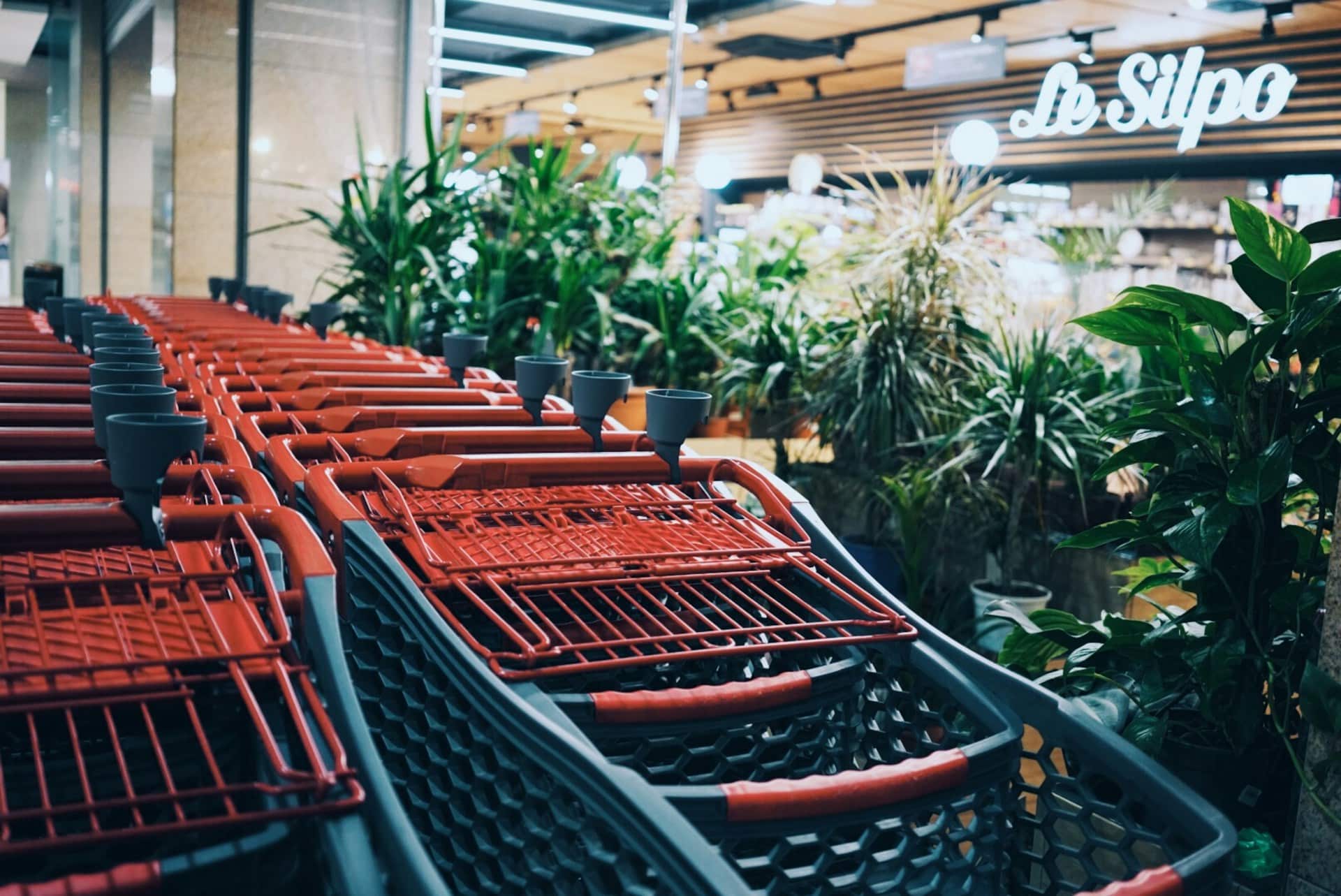How Can British Craft Breweries Create Effective Sustainability Reports for Consumers?

In an increasingly eco-conscious world, sustainability has become a priority for businesses across all sectors and the British craft beer industry is no exception. As consumers are becoming more interested in knowing where their products come from and how they’re made, breweries are under increasing pressure to demonstrate their commitment to sustainability. But how can they share this information effectively with their consumers? This article will delve into how British craft breweries can create effective sustainability reports that appeal to consumers.
Understanding the Importance of Sustainability Reports
An introduction to the significance of sustainability reporting is paramount. Sustainability reports are documents that provide information about an organisation’s environmental, social, and economic impact, as well as its commitment to sustainable development. These reports serve as a way for businesses to not only highlight their commitment to sustainability, but also to increase transparency with their customers.
Also read : What Are the Ethical Implications of Facial Recognition Technology in UK Retail?
For British craft breweries, sustainability reports can be particularly beneficial. Craft breweries are often smaller and locally-focused, meaning they have a unique opportunity to engage directly with their customers about their sustainability efforts. By providing clear and comprehensive sustainability reports, these breweries can both satisfy their customers’ desire for transparency and demonstrate their commitment to sustainable practices.
What Constitutes an Effective Sustainability Report?
Before diving into the creation of a sustainability report, it’s crucial to understand what constitutes an effective report. An effective sustainability report should be transparent, relevant, understandable and comprehensive. It should cover all areas of the business’s operations – from sourcing ingredients to production processes, waste management, energy use and even employee welfare.
Topic to read : Exploring csr careers: top job opportunities in today's market
To ensure relevance, breweries must focus on the sustainability issues that matter most to their operations and their customers. For instance, if a brewery is located in a water-scarce region, their report should focus heavily on water conservation efforts.
Being transparent means not shying away from showing areas where improvements can be made. Consumers appreciate honesty and are more likely to trust businesses that acknowledge their shortcomings and demonstrate a commitment to improvement.
How to Create a Compelling Sustainability Report
Creating a compelling sustainability report requires a careful and considered approach. This begins with gathering data about your brewery’s operations and identifying key sustainability indicators. These might include water usage, energy consumption, waste production, and sourcing practices.
Once you have this data, it’s time to present it in a clear and engaging manner. Use visuals like graphs, charts, and infographics to make the data easier to digest. Be sure to accompany these visuals with clear explanations that help readers to understand their significance.
Remember to tell a story with your report. Demonstrate the progress your brewery has made in its sustainability efforts and share plans for further improvements. This narrative approach will help to engage readers and make them feel more invested in your brewery’s sustainability journey.
Engaging Consumers with Your Sustainability Report
A critical step in the process is ensuring your sustainability report is shared and consumed by your audience. There are several strategies you can employ to engage consumers with your report.
Firstly, make the report easily accessible on your website. Consider creating a dedicated sustainability section where consumers can find all the information they need. You can also share highlights from the report on your social media platforms.
Additionally, consider incorporating sustainability information into your product packaging. This could be a brief summary of key points from your report or QR codes that direct consumers to the full report on your website. This approach not only provides information at the point of purchase but also demonstrates your commitment to transparency and sustainability.
Leveraging Partnerships for Improved Sustainability Reporting
Craft breweries should consider leveraging partnerships for improved sustainability reporting. Partnering with environmental organisations can provide breweries with valuable resources and expertise to help improve their sustainability efforts and reporting.
For instance, working with local environmental organisations could help breweries better understand the specific sustainability issues affecting their region. These organisations can provide guidance on what to include in a sustainability report and how to effectively communicate this information to consumers.
Partnering with other breweries can be beneficial as well. By sharing best practices and lessons learned, breweries can collectively improve their sustainability efforts and reporting. This approach can also help to create a culture of sustainability within the craft beer industry, increasing its overall appeal to eco-conscious consumers.
In conclusion, sustainability reports are a powerful tool for British craft breweries. By creating transparent, relevant, and engaging reports, these breweries can strengthen their relationship with consumers, demonstrate their commitment to sustainability, and ultimately, contribute to a more sustainable craft beer industry.
Utilising Technology in Sustainability Reporting
In the modern age, technology can play a significant role in creating efficient sustainability reports. Climate accounting and sustainability software can assist breweries in measuring, monitoring, and managing their environmental impact. Such tools can help in collecting accurate data, identifying areas for improvement, and setting realistic sustainability goals.
For instance, digital tools can measure a brewery’s carbon footprint, water usage, and waste production. They can also provide insights into the environmental impact of the supply chain, from the sourcing of ingredients to the delivery of the final product. With this detailed information, breweries can develop strategic plans to minimise their impact and report on their progress with confidence.
In addition, using technology in sustainability reporting can also enhance customer engagement. Interactive digital reports, for instance, can offer an engaging and immersive experience for readers, with visualisations, infographics, and videos highlighting key points. Furthermore, digital reports can be easily shared on various platforms, including social media, increasing their reach and impact.
The Role of Government Regulations and Standards in Sustainability Reporting
Government regulations and standards can play a crucial role in shaping sustainability reporting. For British craft breweries, understanding and adhering to these regulations and standards is essential. This not only ensures compliance but also enhances the credibility of their sustainability reports.
Government regulations related to sustainability reporting typically focus on transparency, accountability and disclosure of environmental impact. Adhering to these regulations demonstrates a brewery’s commitment to sustainable practices, and can help build trust with consumers and stakeholders.
In the U.K, for instance, the Greenhouse Gas Protocol provides a comprehensive, global, standardised framework for measuring and managing greenhouse gas emissions. Similarly, the Global Reporting Initiative (GRI) provides a set of standards for sustainability reporting that is globally recognised.
Craft breweries should consider aligning their sustainability reports with these standards. This can help ensure the accuracy and comprehensiveness of their reports and make them comparable to other businesses, providing consumers with a clear benchmark for sustainability performance.
Concluding Thoughts
As the world continues to grapple with the urgent need for sustainable practices, the role of transparency and accountability in the craft beer industry becomes ever more paramount. British craft breweries have a unique opportunity to set the standards high and lead by example.
Sustainability reports that are transparent, relevant, and engaging can go a long way in building trust and fostering a strong relationship with consumers. They serve as a testament to a brewery’s commitment to sustainable development, enhancing its reputation and consumer appeal.
By leveraging technology, adhering to relevant government regulations and standards, and collaborating with like-minded partners, British craft breweries can create effective sustainability reports that truly resonate with their consumers. This not only contributes to a more sustainable craft beer industry but also encourages other businesses to strive for sustainability. Ultimately, it is a win-win situation for both the breweries and their consumers, as well as for the planet.
